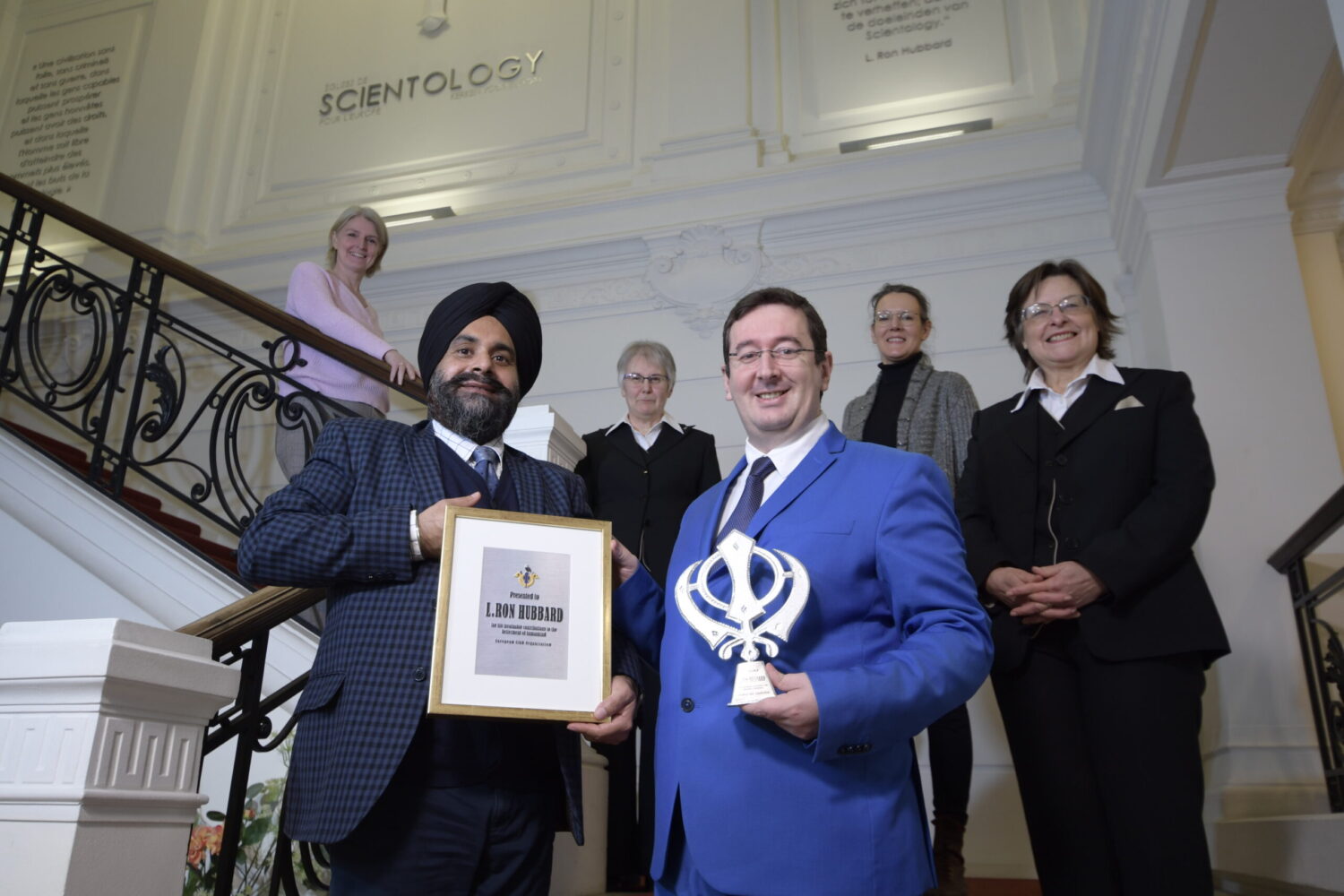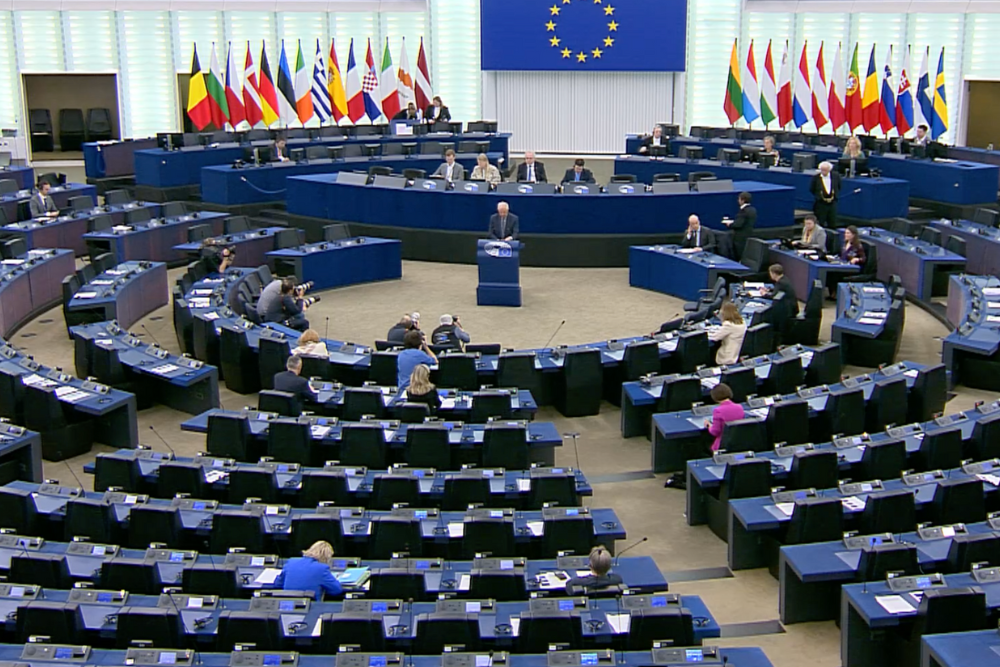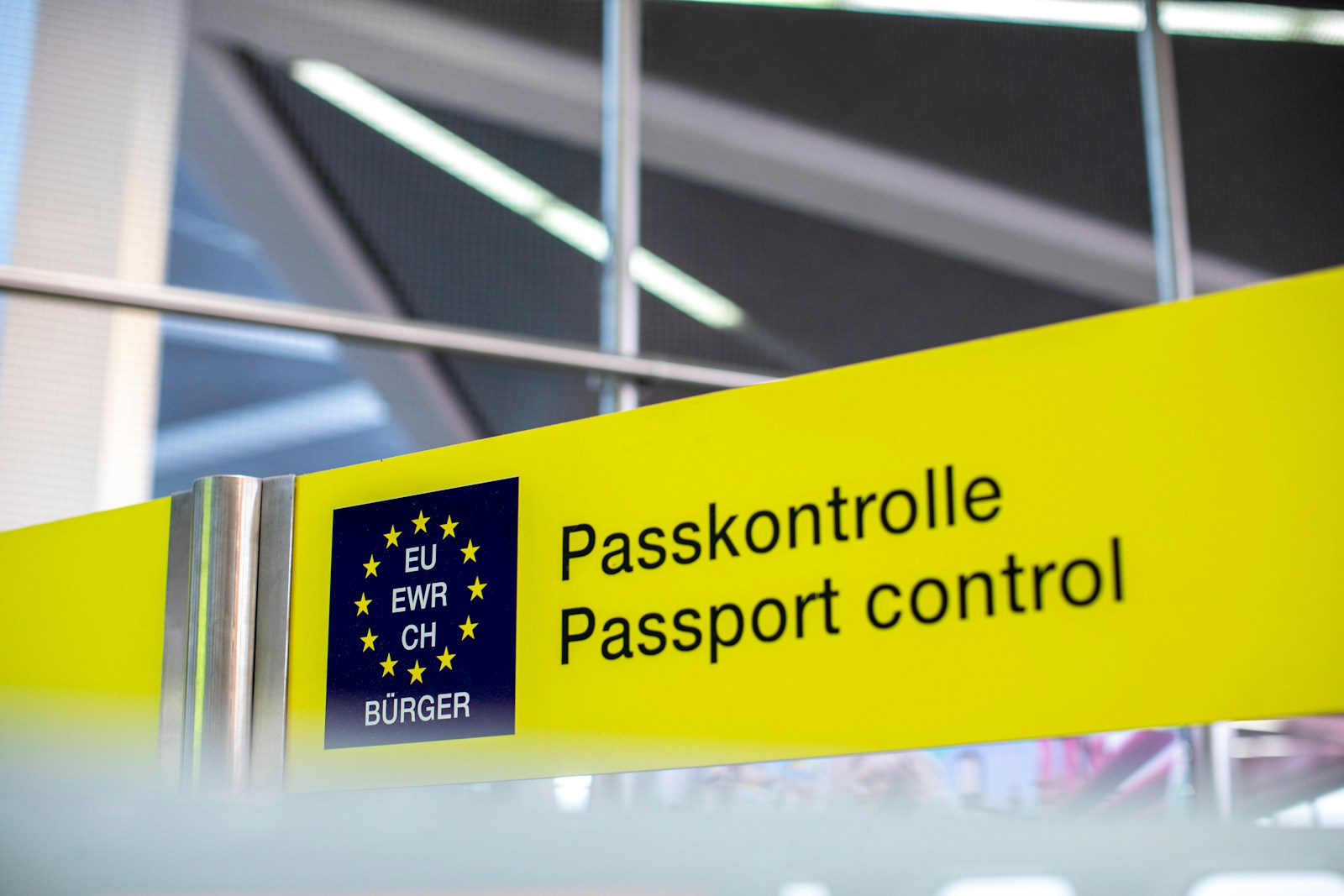#pressrelease – The President of the European Sikh Organization, Mr. Binder Singh, recently honored L. Ron Hubbard, the founder of Scientology at an event celebrating their shared values and commitment to interfaith collaboration and human rights advocacy. The tribute recognized Hubbard’s efforts in promoting unity between faiths and religions, which inspired the President of the European Office of the Church of Scientology for Public Affairs and Human Rights, to further improve the collaboration between the Sikh and Scientology communities through dialogue and shared initiatives.
L. Ron Hubbard, the man inspiring an all-inclusive movement
The meeting brought together members of the Sikh and Scientology communities and the atmosphere was filled with respect and understanding emphasizing the significance of fostering harmony among different beliefs in our present day society.
During his statement, the ESO President praised L. Ron Hubbard for his approach in bridging gaps between various faith traditions. Binder Singh highlighted Hubbard’s teachings as “catalysts for promoting respect, understanding and collaboration, among religious groups” and finding the parallelism in spirituality between the two faiths. This collaborative spirit has brought the Sikh and Scientology communities together to work on projects that support rights and advocate for freedom of belief for everyone, everywhere and at all times.
The partnership between the two communities has resulted in discussions on different faiths collaborative humanitarian efforts, presentations at the European Parliament and others focused on fostering acceptance and comprehension of diverse religions. These endeavors have not only positively impacted the communities involved but have also set an example for other religious groups to follow.
The acknowledgment of L. Ron Hubbard by the European Sikh Organization underscores the lasting influence of his teachings in inspiring efforts in promoting harmony and solidarity among religious beliefs. It highlights the significance of “shared principles and the necessity of working towards mutual objectives to make of this world a better place” said Ivan Arjona, Scientology representative to the European institutions and the United Nations.
In his closing statements the President of ESO Mr. Binder Singh urged all communities to “continue building upon the groundwork established by figures like Guru Nanak Dev Ji, founder of the Sikh Faith and L. Ron Hubbard“. “Let us honor L. Ron Hubbard’s legacy by strengthening our dedication to interfaith cooperation and advocacy for rights. Together we can shape a world where respect for all faiths is not a concept but a tangible reality.“
The gathering concluded with a prayer led by leaders from both Sikh and Scientology communities symbolizing their collective aspiration for a future characterized by enhanced understanding and collaboration, among individuals of all faiths.
The event not just commemorated the day of an extraordinary individual but also emphasized the significance of conversations and teamwork, among different faiths to tackle the current issues. By working consistently the Sikh and Scientology groups are demonstrating a strong model of how respect and joint efforts can bring about significant transformations.
What is the Sikh faith?
The Sikh faith, founded in the 15th century by Guru Nanak Dev Ji in the Punjab region, is a monotheistic faith emphasizing unity, equality, and a direct connection with God. Guru Nanak, the first of ten Sikh Gurus, initiated a religion that rejects caste and gender discrimination, advocating instead for the universal brotherhood of humanity. The core teachings, enshrined in the Guru Granth Sahib, focus on the oneness of God, the importance of remembering God’s name (“Naam Japna”), and living a life of honesty (“Kirat Karni”). Community service (“Seva”) is exemplified by the “Langar,” a communal meal open to all, reflecting Sikhism’s commitment to altruism and equality. These foundational principles encourage Sikhs to lead lives of spiritual devotion and social justice.
What is Scientology?
The Scientology religion, founded in the 20th century by L. Ron Hubbard, started originally with his book Dianetics. The teachings found there evolved in 1952 into the religious movement it is today. The Church of Scientology was founded in 1954, focusing on spiritual rehabilitation and enlightenment. Central to its beliefs is the concept of the human soul, or “Thetan,” being immortal and capable of transcending multiple lifetimes. Through a process called “auditing,”(spiritual counselling) individuals work to overcome past traumas and limiting beliefs, aiming to unlock their full potential towards an understanding of his/her relation with God or Infinity. Scientology emphasizes the pursuit of knowledge, ethics, and integrity, offering a path towards greater spiritual awareness and personal well-being. The religion encourages followers to study its teachings to improve their lives and contribute positively to society.















